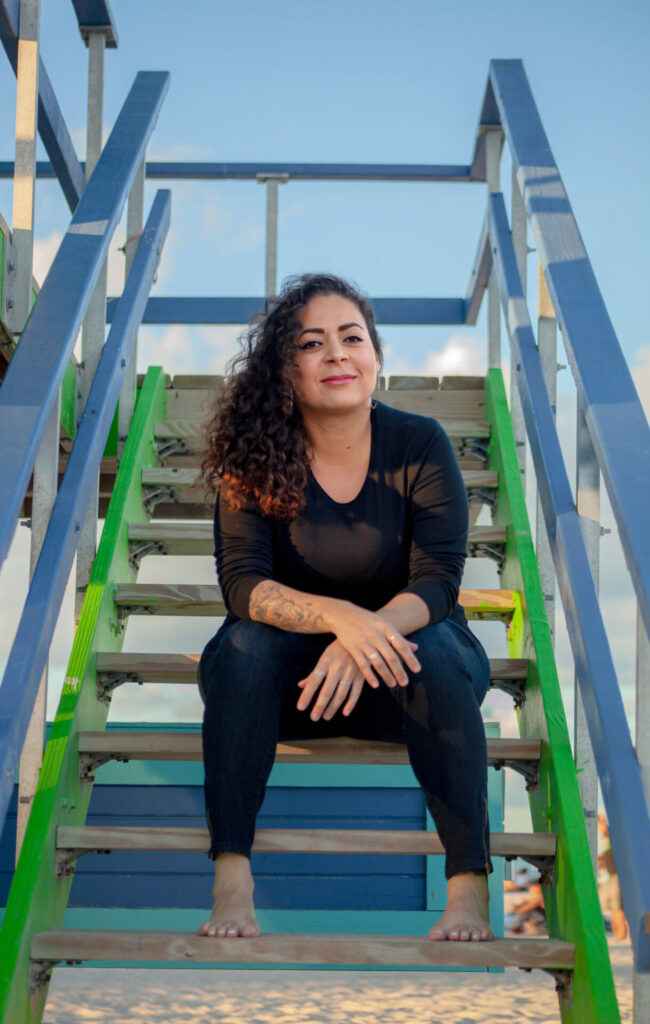Throughout the novel, Diaz, and many people in her life struggle with suicidal thoughts and many including herself have attempted suicide. After Mercy committed suicide Diaz began to reflect on how many people in her family have committed suicide or have tried to, “and then there is this: suicide was our family legacy” (Diaz 259). The last section was highlighted with happy and relieving moments from the later part of Diaz’s life. She talks about her graduation, “I can’t stop smiling. I am overwhelmed with happiness, with love, with hope” (Diaz 278). But even with these moments of immense pride and happiness Diaz still found herself struggling with depression and suicidal thoughts. “One night after not sleeping for days, I find myself sitting on the kitchen floor with a knife, not remembering how I got there, but trying to build up enough courage to slit my own wrists” (Diaz 286). This brings to light the question of whether Diaz will ever be able to fully move past the things that happened in her childhood.
Throughout the chapter “Returning,” Diaz returns to Puerto Rico and Miami several times. She thinks about her childhood and her teenage years. She loses friends from childhood during this time, reconnects with childhood friends, watches them raise kids and get married, and watches the health of her mother decline. Although Diaz is older, she is still trapped in the cycle of caring for her mother, self-destructing, and trying to find ways to cope. Except, as an adult, she finds a passion for writing, puts herself through school, and then graduates. Diaz will always have her past and therefore she will always have to deal with the ghosts of her past, but she has found purpose and she has friends that she cares for deeply.

Citations
Díaz Jaquira. (2020). Ordinary girls: A memoir. Algonquin Books of Chapel Hill.
McGrath, Patrick. “‘Ghosts: A Natural History,’ by Roger Clarke.” The New York Times, 24 Oct. 2014, www.nytimes.com/2014/10/26/books/review/ghosts-a-natural-history-by-roger-clarke.html.





